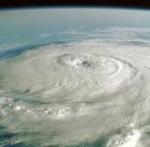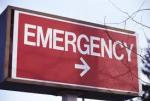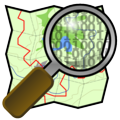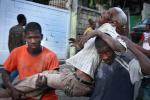Hunger and Hurricanes (6/6/2011)
 Last week, Trenton Daniel wrote an article highlighting malnutrition and hunger in Haiti’s neglected rural areas. Over the long term, the countryside needs agricultural modernization, better environmental management, and roads to move crops to regional markets. Haiti first has to make it through hurricane season which began May 1st. The National Oceanic and Atmospheric Administration (NOAA) anticipates an above normal hurricane season with a 70 percent chance of 12 to 18 named storms, including 6 to 10 hurricanes. Storms put lives, crops, and infrastructure in Haiti at risk.
Last week, Trenton Daniel wrote an article highlighting malnutrition and hunger in Haiti’s neglected rural areas. Over the long term, the countryside needs agricultural modernization, better environmental management, and roads to move crops to regional markets. Haiti first has to make it through hurricane season which began May 1st. The National Oceanic and Atmospheric Administration (NOAA) anticipates an above normal hurricane season with a 70 percent chance of 12 to 18 named storms, including 6 to 10 hurricanes. Storms put lives, crops, and infrastructure in Haiti at risk.




